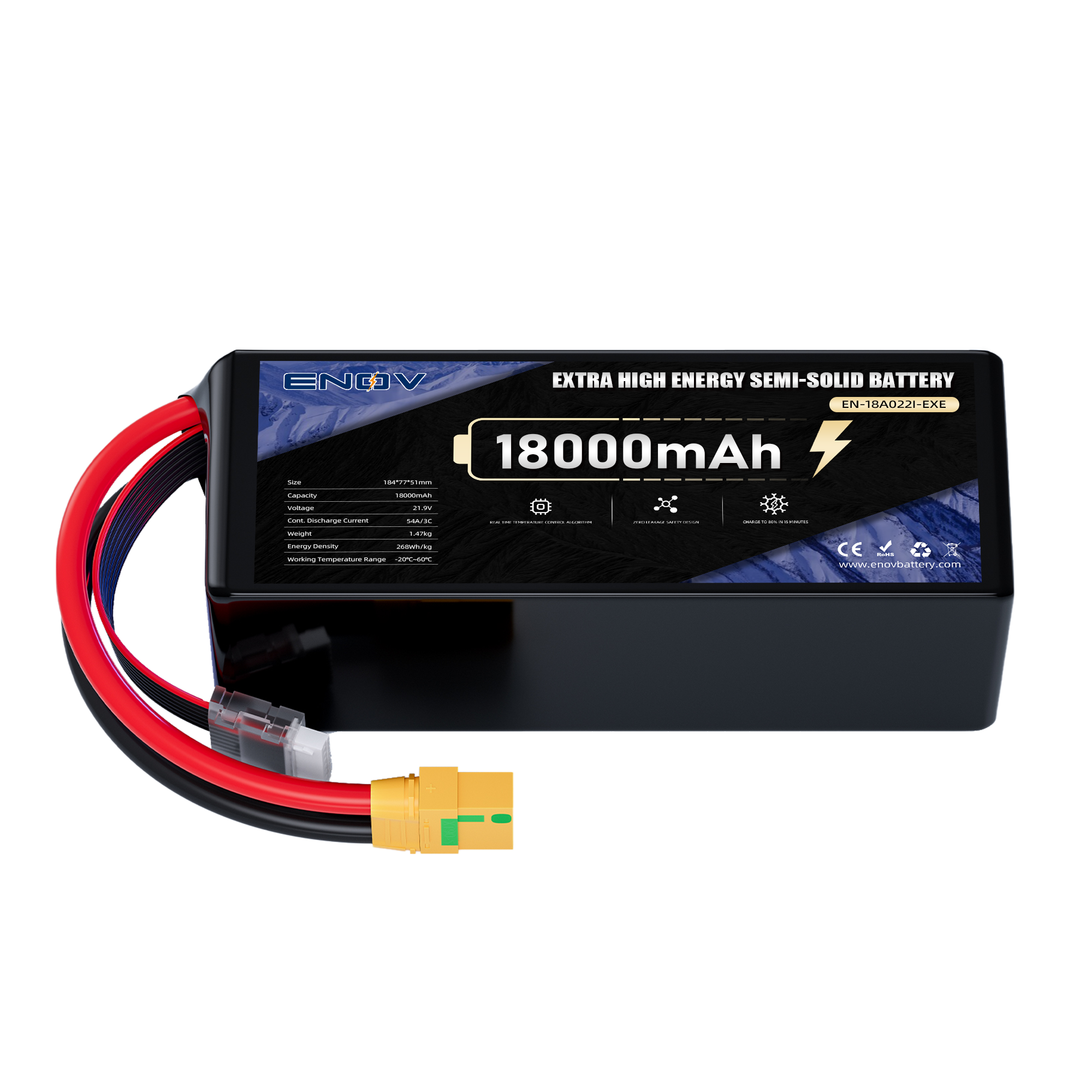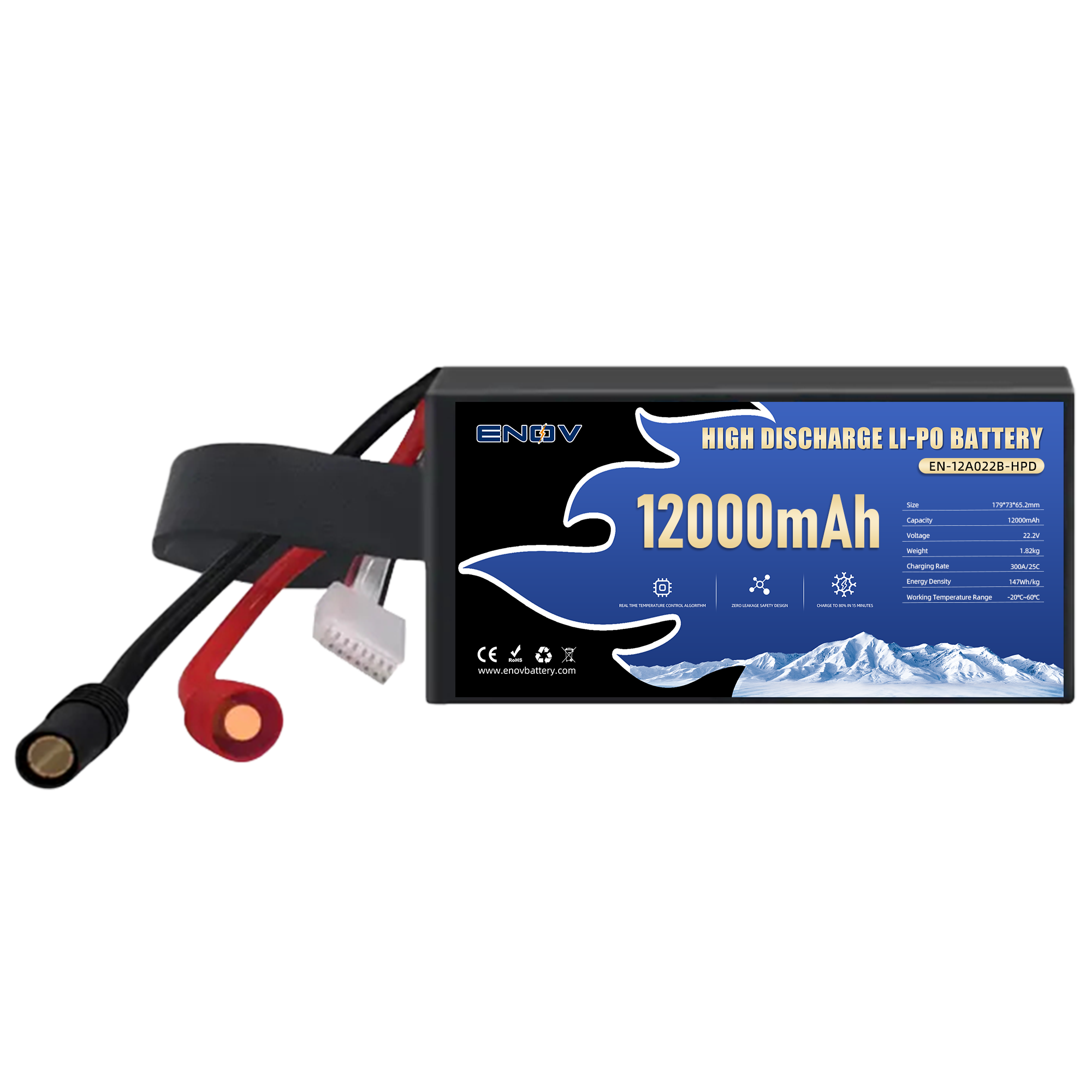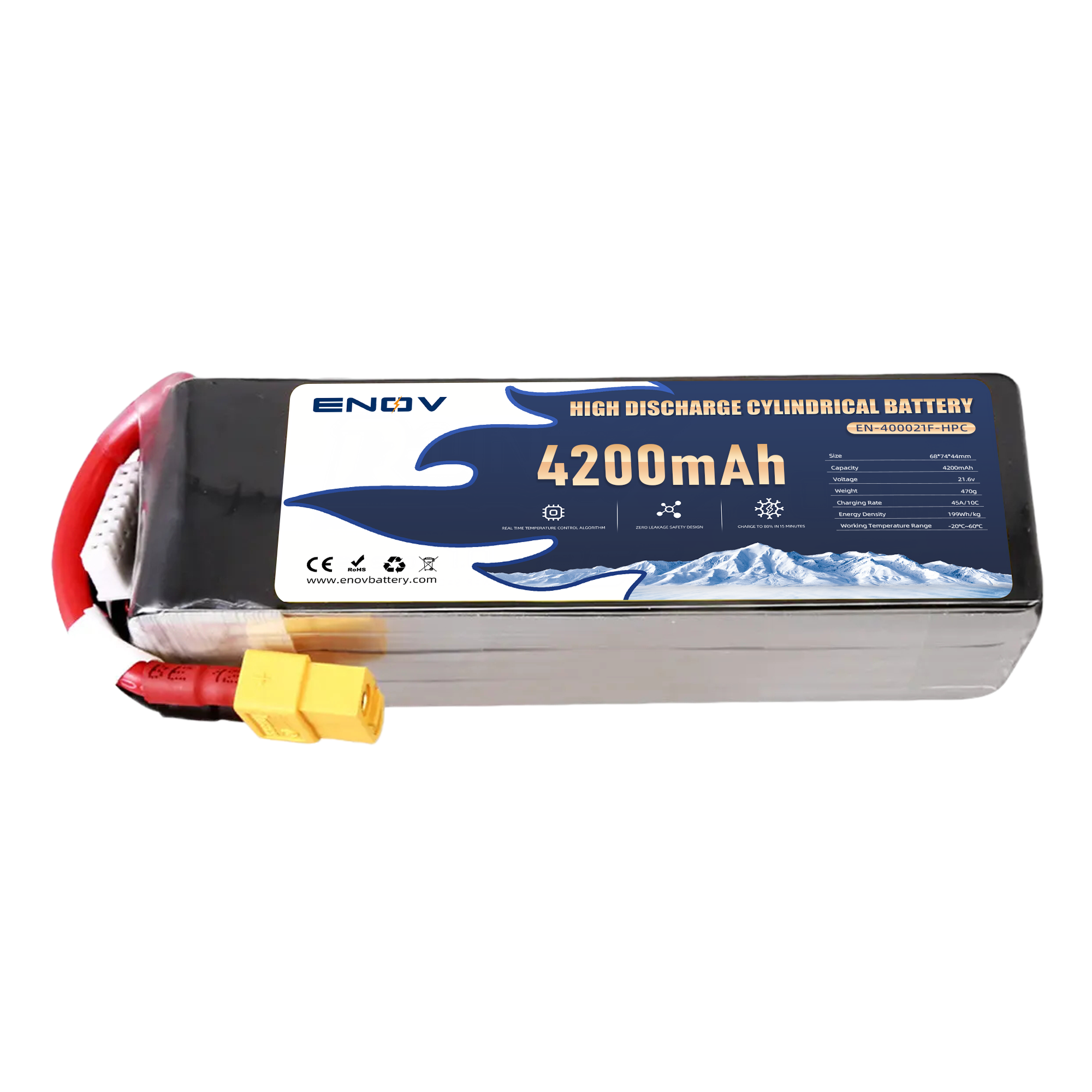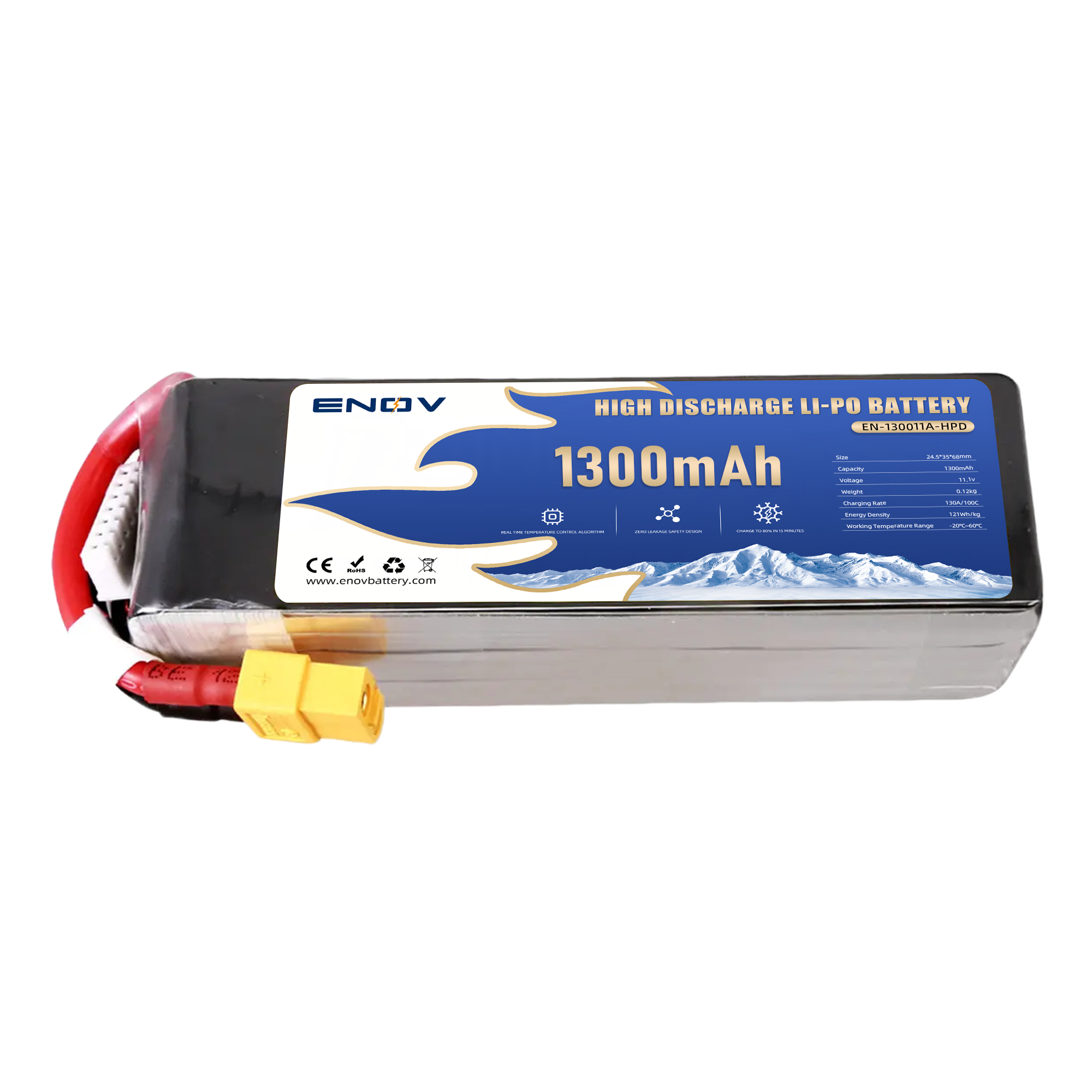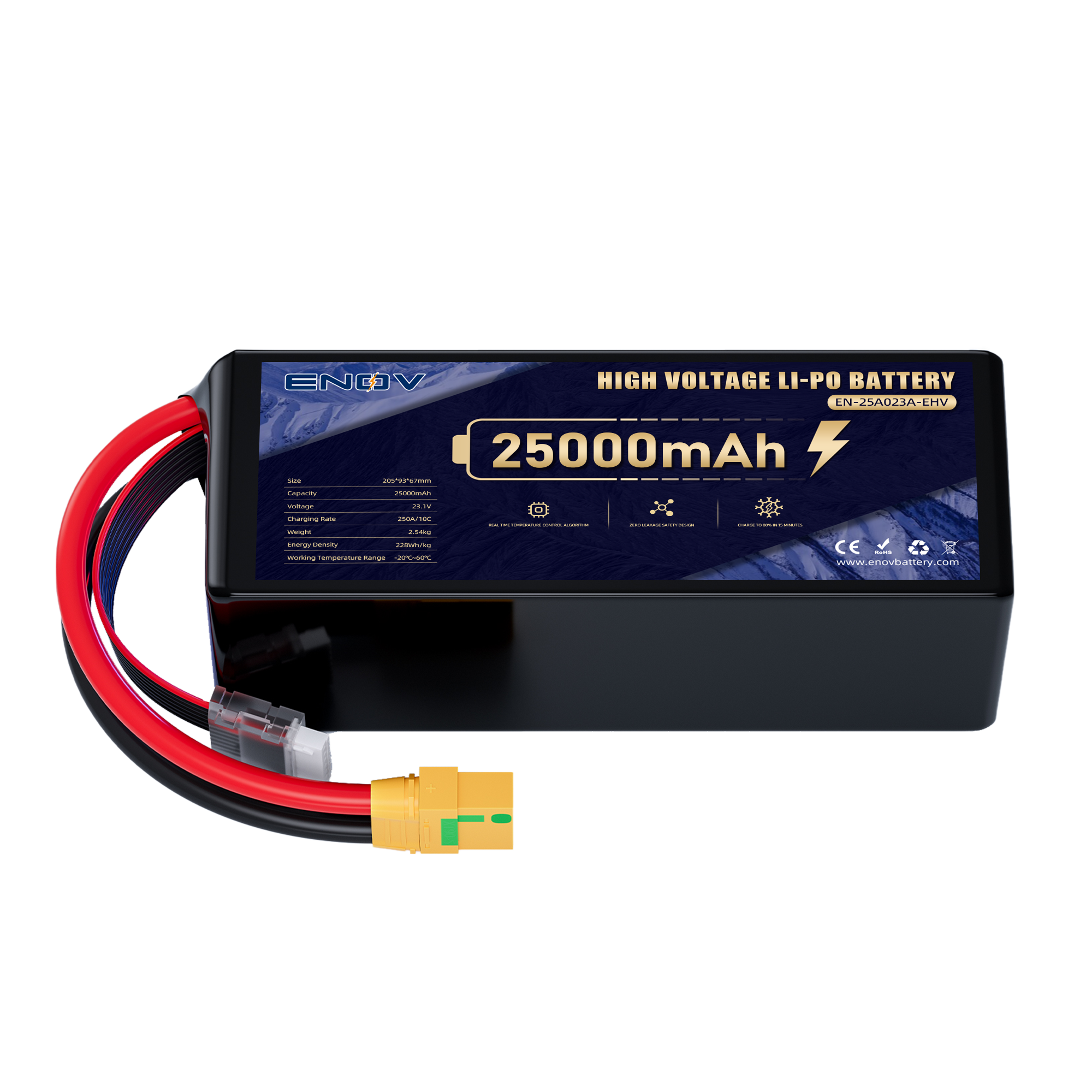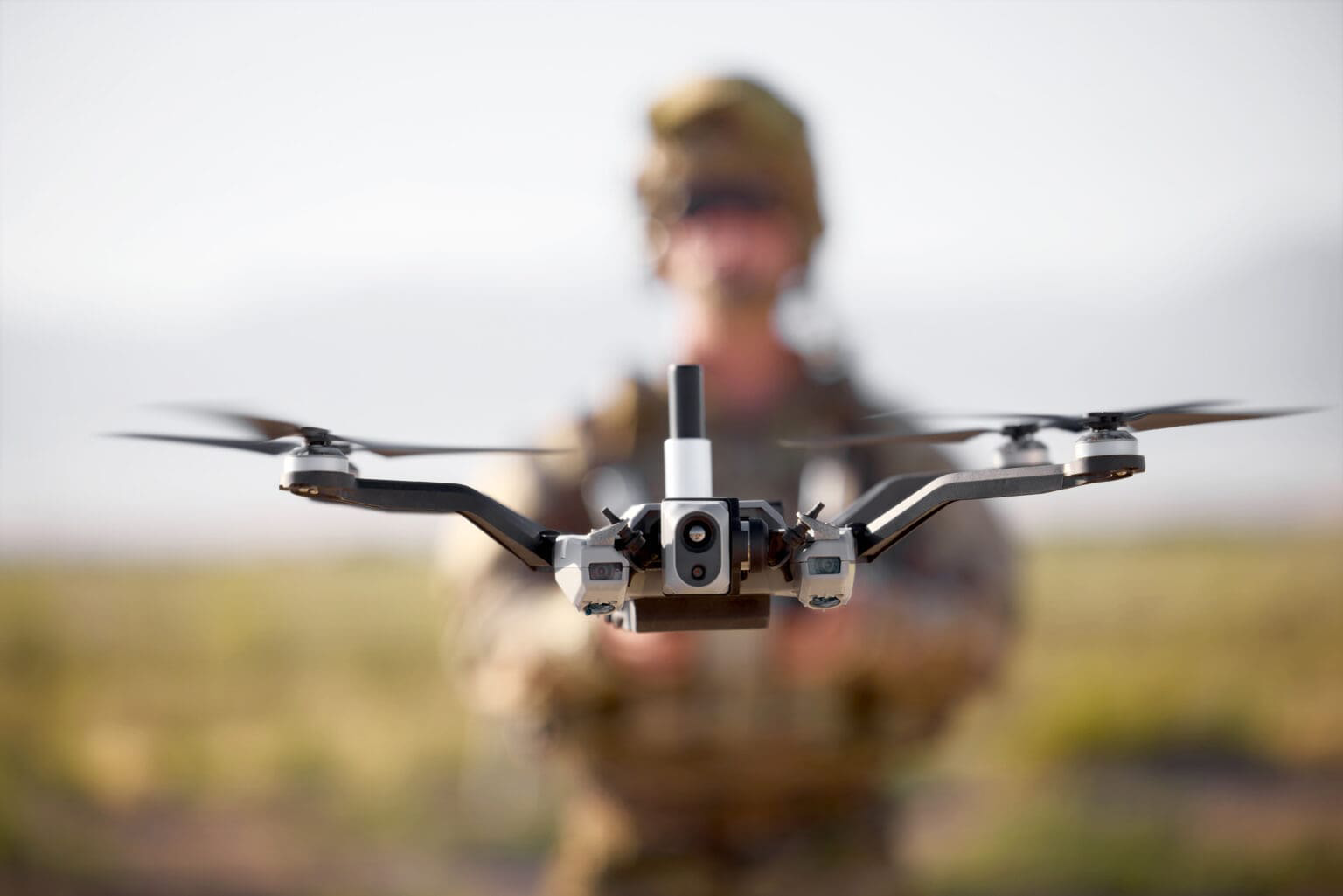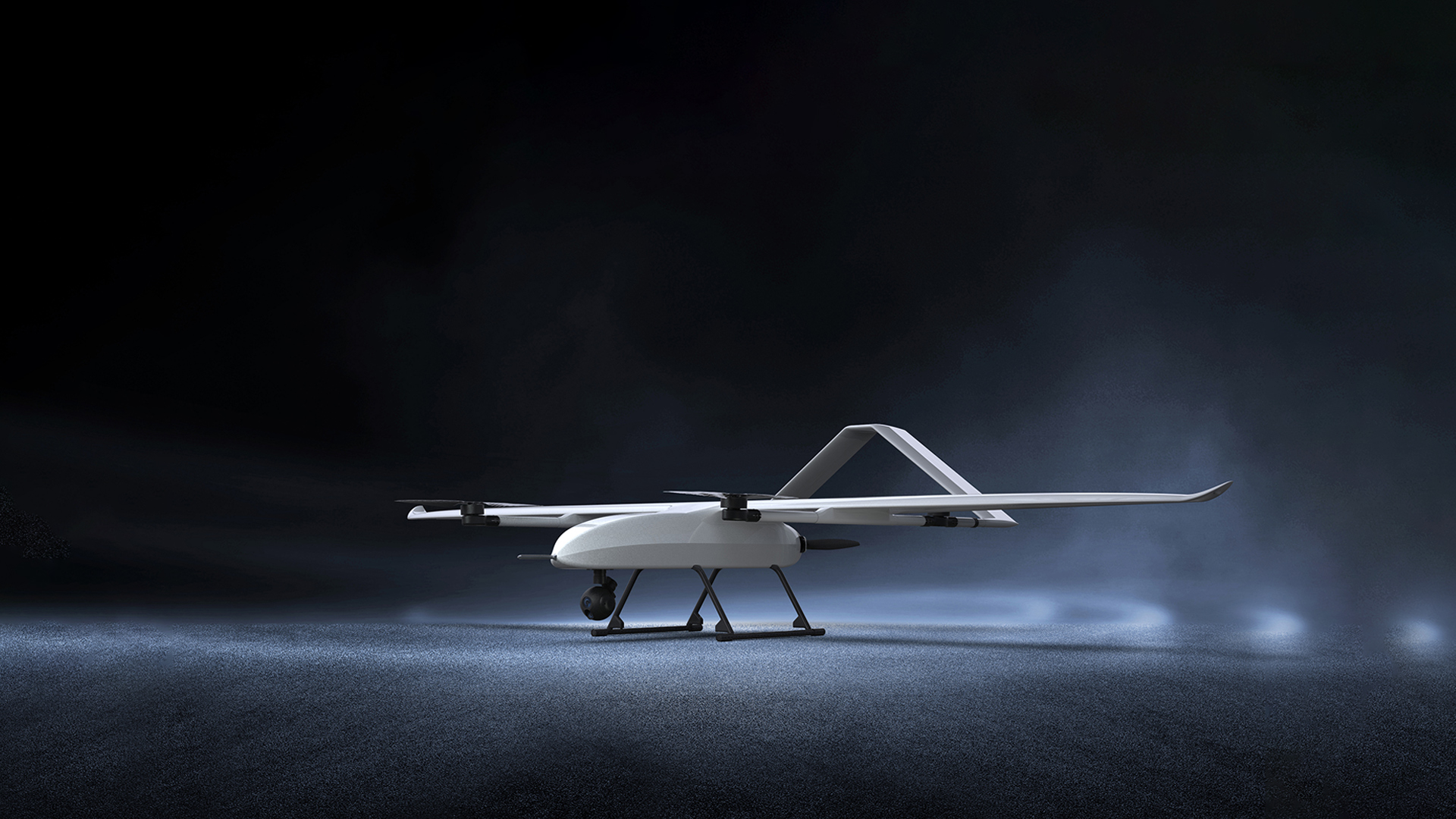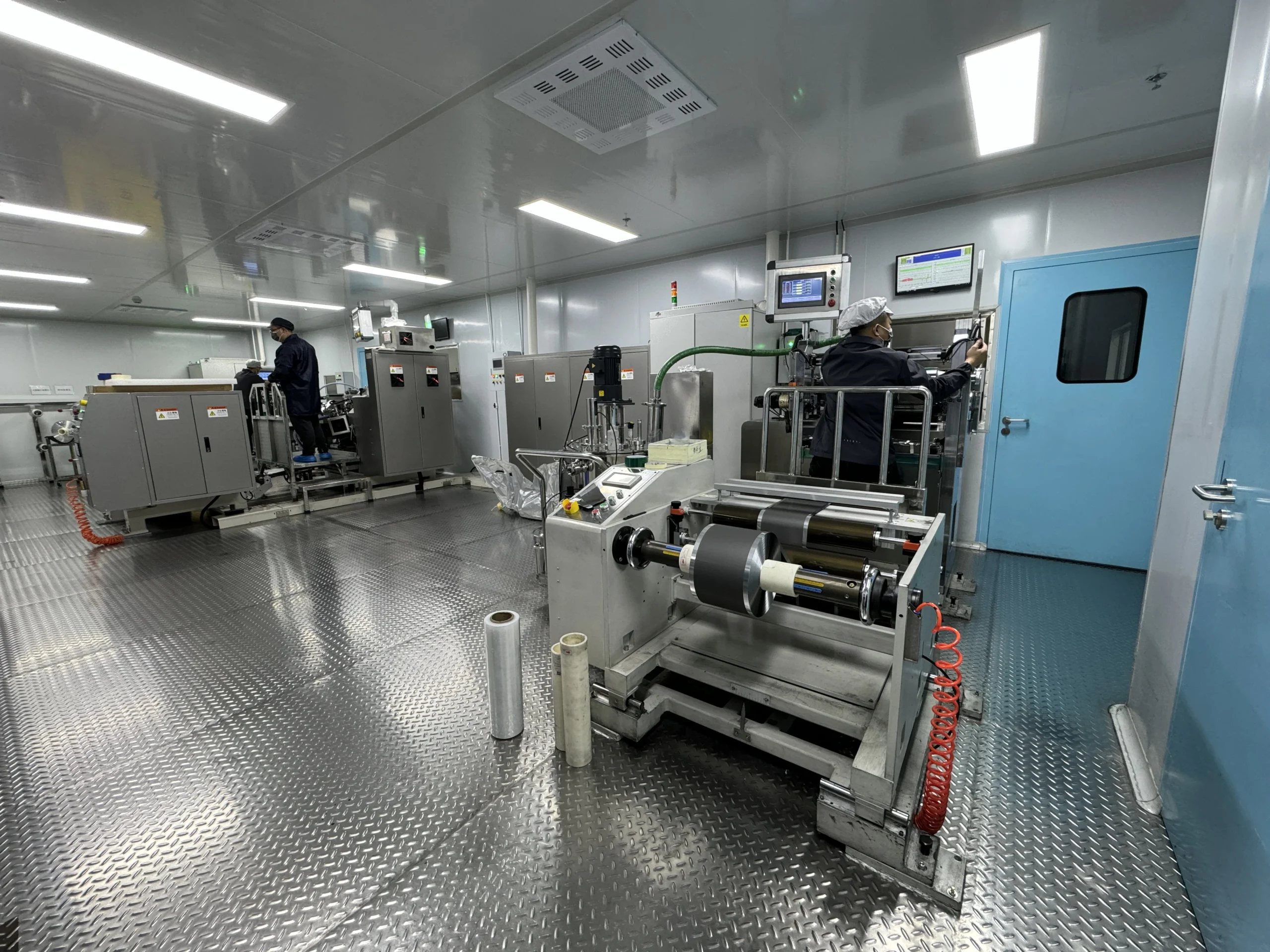Agricultural Drone Battery Care: Managing Pesticide Residue and Anti-Corrosion Protection
Maintaining agricultural drone batteries requires specialized care to combat pesticide residue and environmental corrosion, which can shorten lifespan and impair performance. Regular cleaning and anti-corrosion coating maintenance prevent chemical buildup and metal degradation. This guide outlines practical strategies to safeguard batteries in harsh farming environments while ensuring operational reliability.
main content
The Impact of Pesticide Residue on Batteries
Pesticide sprays often contain corrosive chemicals like sulfur or copper compounds that accumulate on battery casings and connectors. Over time, these residues seep into vents or ports, causing internal short circuits or terminal oxidation. A study of 500 agricultural drones revealed that 70% of battery failures stemmed from unaddressed pesticide contamination. Immediate post-flight cleaning is critical to neutralize these risks.
Step-by-Step Pesticide Residue Removal
Begin by powering off the battery and disconnecting it from the drone. Use a soft brush to remove dry debris, then wipe surfaces with a microfiber cloth dampened with isopropyl alcohol (70% concentration). Avoid water-based cleaners, as moisture can penetrate seals and damage cells. For stubborn residues, apply a diluted vinegar solution (1:3 ratio with water) to dissolve acidic compounds, followed by a thorough alcohol rinse. Always dry batteries in a shaded, well-ventilated area for 2 hours before storage.
Anti-Corrosion Coating Application
High-quality silicone-based coatings protect battery terminals and metal casings from humidity and chemical exposure. After cleaning, apply a thin layer using a precision brush, focusing on connectors and weld points. Heat-cured coatings offer superior durability—cure at 60°C for 15 minutes using a temperature-controlled drying cabinet. Reapply every 50 flight hours or after exposure to acidic pesticides.
Common Maintenance Mistakes
Using high-pressure water jets for cleaning forces contaminants into battery internals, accelerating corrosion. Storing batteries in pesticide storage areas exposes them to concentrated fumes, degrading protective coatings. Another error is neglecting connector inspections; even minor corrosion on XT60 plugs can increase resistance by 30%, triggering overheating.
Performance Monitoring and Replacement Signs
Track battery health through voltage consistency and charge cycles. A 6S LiPo pack with cell voltage deviations >0.05V after cleaning indicates irreversible corrosion damage. Swollen casings or reduced flight times (e.g., 15-minute flights dropping to 10 minutes) signal the need for replacement. Implement monthly capacity tests using a BattGO analyzer to detect early degradation.
Cost-Saving Benefits of Proactive Care
Proper maintenance extends battery lifespan by 40-60%, reducing replacement costs. A Florida citrus farm cut annual battery expenses by $12,000 after adopting weekly cleaning routines and quarterly coating renewals. Additionally, well-maintained batteries maintain stable voltage output, minimizing crop-spraying errors caused by sudden power drops.
Conclusion
Agricultural drone batteries face unique challenges in pesticide-heavy environments. By implementing rigorous residue cleaning, applying protective coatings, and monitoring performance, operators ensure longevity and reliability. Prioritize these practices—your batteries’ health directly impacts operational efficiency and profitability.
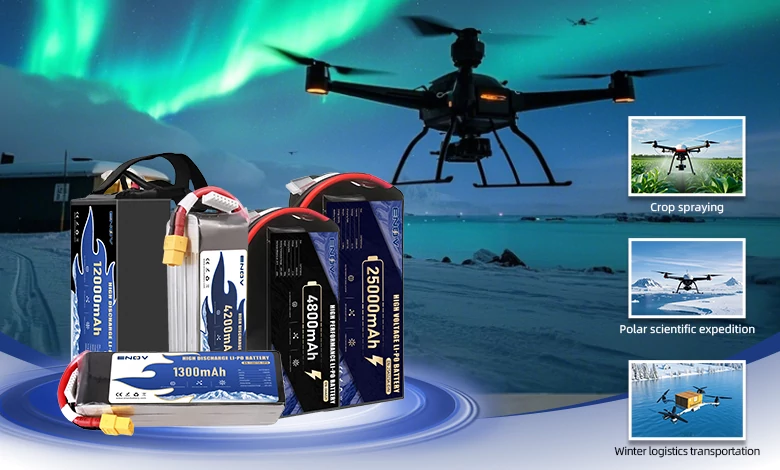
UAV DRONE battery
Enov UAV battery has the most advanced UAV battery new technology, it has a lightweight structural design, ultra-high energy density, stable continuous discharge, customized ultra-high instantaneous discharge, wide temperature working range, stable charge and discharge, battery materials can choose high nickel terpolymer positive/silicon carbon negative material system combined with semi-solid battery technology. Or choose a more mature application of more UAV lithium battery technology, available UAV battery nominal voltage 3.7V, capacity 18.0Ah ~ 30.0Ah, support 10C continuous discharge and 120C pulse discharge (3 seconds). With ultra-high energy density (220-300Wh/kg) as its core advantage, Enov UAV batteries can meet the needs of long-term endurance scenarios such as plant protection drones and transport drones, while maintaining stable emission performance in extremely low temperature environments (-40℃).
Other products
START-STOP LITHIUM BATTERY
LITHIUM ENERGY STORAGE BATTERY
QUICK INQUIRY
FAQ
Access to high frequency technical questions with one click, get accurate answers on product application, after-sales policy and customization process.
Service and Support
Get the latest product specifications, explore professional OEM/ODM customization services, click to open exclusive technical support and production solutions.
Become a Partner
We sincerely invite resources to interconnect, work together for win-win development, and immediately open a new chapter of strategic cooperation!
